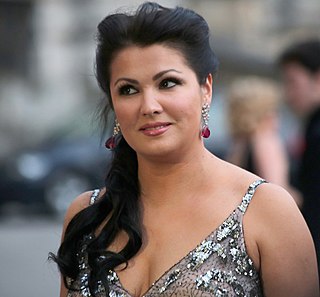A Quote by Harriet Tubman
I was the most famous conductor on the Underground Railroad.
Quote Topics
Related Quotes
A lot of people, when they first hear about the Underground Railroad, think it really is a subway or a locomotive. When they find out it's not, they feel a little disappointed. So I thought, What if it was a literal underground train network traveling from state to state, with each state it goes through representing a different opportunity or danger?


































